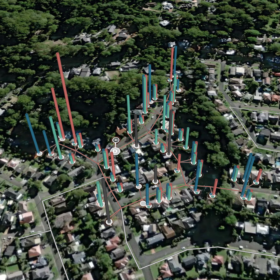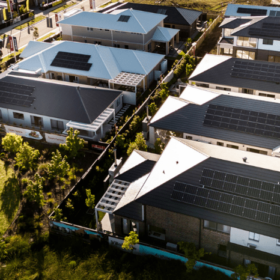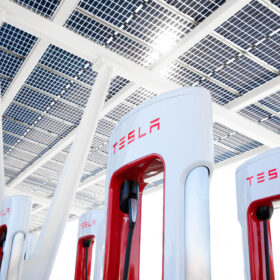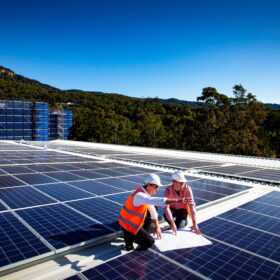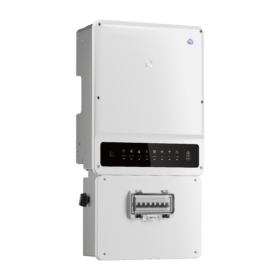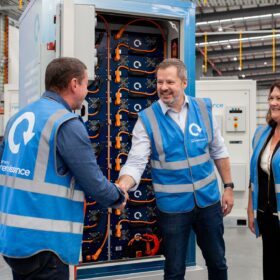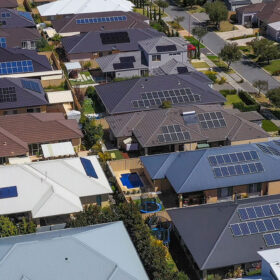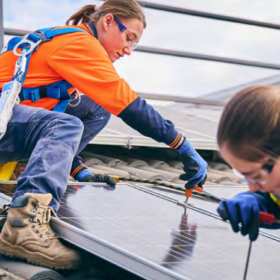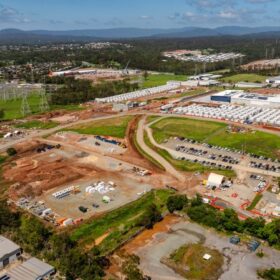Gridsight to power up grid orchestration platform
Wollongong-based software company Gridsight has raised $7.5 million to support the growth of its AI-powered platform that is designed to help electricity network operators integrate and maximise the use of new distributed renewable energy resources such as solar and batteries.
Unsolicited rooftop solar sales subject to ‘super complaint’
Australia’s consumer watchdog is being urged to ban the unsolicited sale of solar products with a national advocacy group saying the “harmful” practice is degrading trust in the solar industry and government schemes and discouraging people from participating in the transition to clean energy.
Tesla battery repurposing factory in South Australia being considered
A South Australian council is currently running a community consultation on the sale of community land for the development of a Tesla battery repurposing facility, vehicle showroom and service centre.
Community batteries charge on across New South Wales and Victoria
Over 30 community batteries have been launched since 1 April 2025 backed by federal government grants as part of its $200 million deployment of 400 community battery installations across Australia.
GoodWe unveils hybrid inverters for larger residential applications
GoodWe says its new EHB single-phase hybrid inverters suit larger residential energy storage applications with the series supporting 200% PV oversizing, allowing for systems up to 20 kW in size.
Cybersecure Australian-made residential battery launched in NSW
On the back of the federal government’s $2.3 billion home battery subsidy, a new CSIRO designed and Energy Renaissance-built residential battery has been launched at a New South Wales-based gigafactory.
NSW peak demand backed up by 7,800 home battery installations in 5 months
More than 7,800 home batteries have been installed since 1 November 2024 under a New South Wales peak demand reduction scheme rebate, which includes an incentive to connect solar battery systems to virtual power plants.
Prime Minister vows $2.3 billion battery subsidy scheme if re-elected
The Albanese government has pledged a $2.3 billion residential virtual power plant-ready battery uncapped subsidy scheme if re-elected, that could stimulate an anticipated million battery installations by 2030.
Senate inquiry recommends households install rooftop solar and batteries
The Australian senate inquiry into residential electrification final report gives bipartisan support to leverage rooftop solar and recommends federal, state and territory governments promote the uptake of consumer energy resources.
Battery subsidy schemes proposed to cut bills and boost manufacturing
Battery subsidies are absent from the 2025-26 Federal Budget, but industry organisations are committed to pushing government forward to support the rollout of household batteries backed by local manufacturing.
